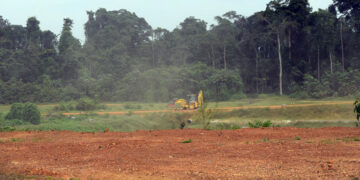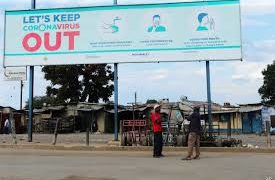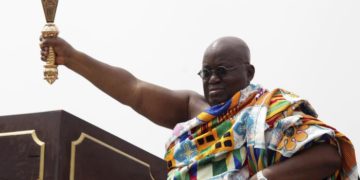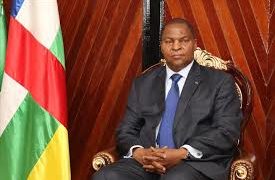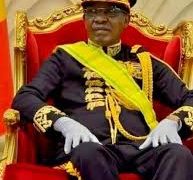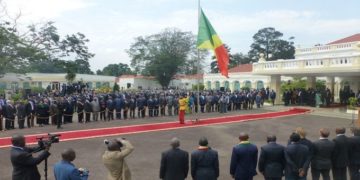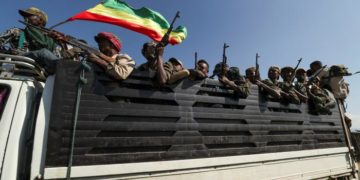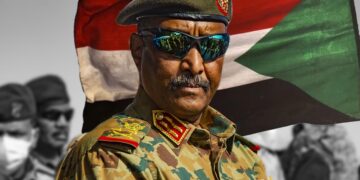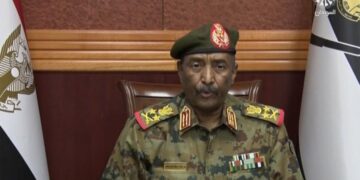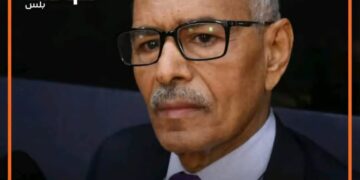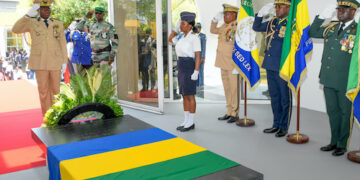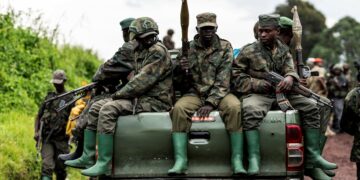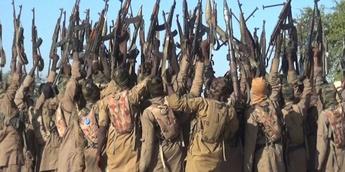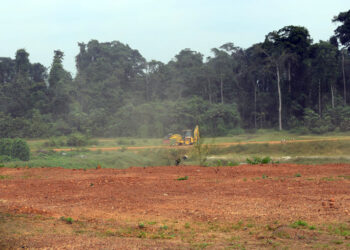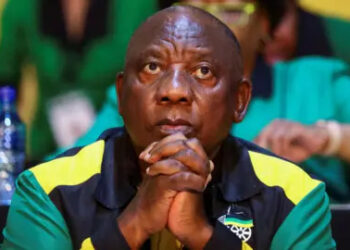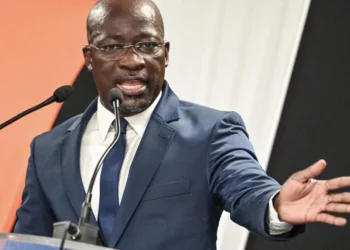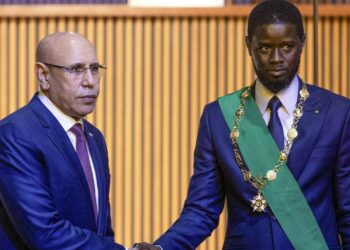Burkina Faso’s President Roch Marc Christian Kabore launched his re-election campaign recently, promising “peace” and eradication of insurgencies in a country undermined by jihadist attacks over the past five years.
Speaking to a crowd of 25,000 at a stadium in the country’s second-largest city, Bobo-Dioulasso, Kabore promised to “lead the fight until we have peace and victory for our people.”
He unveiled a programme for a second term in office focused on “securing the national territory”, and acknowledged the “major social upheavals” the country has faced.
The incumbent president said he came to ask for five more years so that together they could work for the security, stability, peace and resilience of the Burkinabe people.
A good number of people in Burkina Faso describe Mr Kabore as “intelligent and consistent,” and is praised by his supporters for his wealth of political experience and organisational abilities. They hold it that the attacks on the country will be reduced to zero if Roch Kabore is giving another term.
Burkina Faso is caught between escalating insurgent violence and widespread social discontent. An Islamist insurrection led by the militant group Ansarul Islam continues to exact a heavy toll on government forces in the country’s north, while in 2018, a second hotspot emerged in the east, which over the latter part of the year suffered a series of attacks whose perpetrators are as yet unknown. Yet another group, the Group for the Support of Islam and Muslims (JNIM), which is active across the Sahel, has perpetrated attacks in the capital Ouagadougou and elsewhere.
Under Roch Kabore, Burkina Faso has been very instrumental in the G5 Sahel Joint Force including Mali, Mauritania, Niger, and Chad. They have improved security along their shared borders, through improved cooperation and deployment of joint patrols to interdict the flow of terror groups and traffickers.

